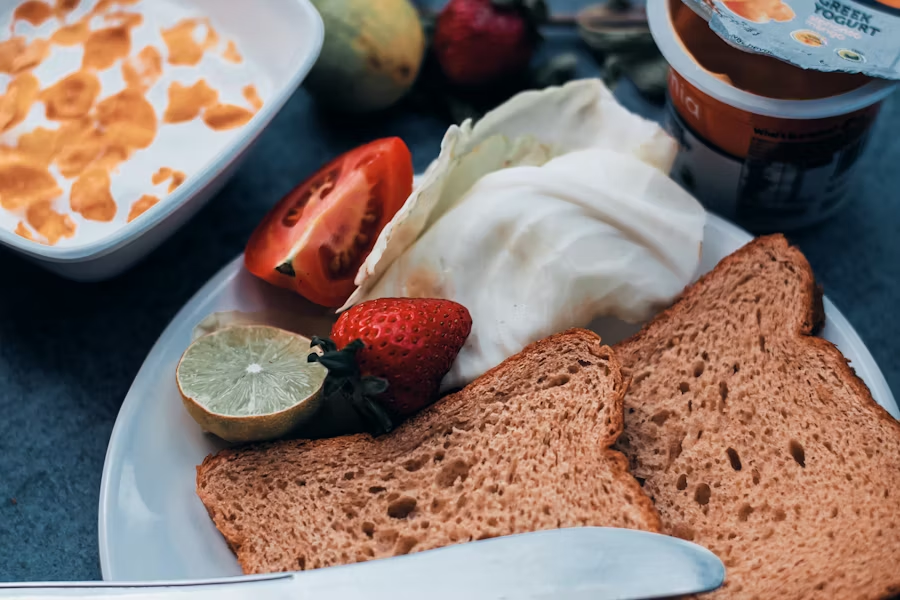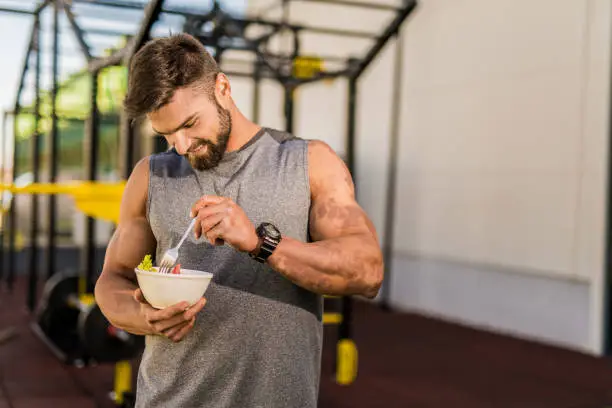What to Eat When You Start Going to the Gym: A Beginner’s Guide to Fitness Nutrition
Starting a gym routine is a great step toward a healthier lifestyle. But to truly see results—whether you’re aiming to build muscle, lose weight, or increase endurance—what you eat is just as important as how you train. Nutrition fuels your workouts, helps with recovery, and supports your fitness goals.
This article breaks down what to eat before and after workouts, recommended foods for beginners, and how to build a balanced gym-friendly diet.
Why Nutrition Matters in Fitness
When you begin exercising regularly, your body undergoes stress and change. Muscles break down and rebuild stronger, your metabolism increases, and your energy demands rise. Without the right fuel, you may feel tired, recover slowly, and miss your goals.
Good nutrition provides:
Energy for workouts
Muscle repair and growth
Fat loss support
Better performance
Faster recovery
Before the Gym: What to Eat
Eating before the gym gives you the energy to power through your workout and prevents fatigue. Ideally, eat 1–3 hours before training.
Pre-Workout Meal (2–3 hours before)
Include a mix of complex carbs, lean protein, and a little healthy fat.
Examples:
Brown rice with grilled chicken and vegetables
Oats with banana and peanut butter
Sweet potatoes with eggs
Quick Pre-Workout Snack (30–60 minutes before)
If you’re short on time, go for a lighter, easy-to-digest snack rich in carbs.
Examples:
Banana or apple with a spoon of peanut butter
Yogurt with a small handful of granola
Whole grain toast with honey
Avoid greasy, high-fat meals or excessive sugar before workouts—they can slow digestion and make you feel sluggish.

After the Gym: What to Eat
Post-workout meals help your body recover by replenishing energy and repairing muscle tissue. The best time to eat is within 30 to 90 minutes after exercising.
Focus on:
Protein: To rebuild muscles
Carbohydrates: To restore glycogen (your muscles’ energy source)
Hydration: To replace fluids lost in sweat
Good Post-Workout Meals:
Grilled chicken with brown rice and veggies
Tuna sandwich on whole wheat bread
Protein shake with banana and oats
Greek yogurt with berries and honey
Boiled eggs with toast and avocado
Drinking plenty of water or adding electrolytes (especially after intense workouts) is essential for proper recovery.
What to Eat Daily When You Start Gym
Building a gym-friendly diet means making smart food choices consistently. Here’s a general structure for beginners:
1. Prioritize Protein
Protein is essential for muscle repair and growth. Include a source in every meal.
Best sources:
Chicken breast, turkey, lean beef
Eggs
Fish (tuna, salmon, sardines)
Legumes and beans
Greek yogurt and cottage cheese
Tofu or tempeh (for vegetarians)
Recommended: 1.2 to 2.0 grams of protein per kg of body weight daily, depending on your goals.
2. Choose Healthy Carbs
Carbs are your body’s preferred fuel source, especially for strength or cardio workouts.
Best sources:
Whole grains (brown rice, oats, quinoa)
Sweet potatoes
Fruits (bananas, apples, berries)
Vegetables (especially starchy types like carrots and corn)
Avoid excessive refined carbs like white bread, pastries, or sugary snacks.
3. Include Healthy Fats
Fats support hormones, joint health, and long-lasting energy. Don’t fear fats—just choose the right ones.
Best sources:
Avocados
Nuts and seeds (almonds, chia seeds, flaxseeds)
Olive oil or coconut oil
Fatty fish (salmon, mackerel)
Limit fried and processed fats like margarine, chips, and fatty meats.
4. Stay Hydrated
Water plays a crucial role in energy levels, muscle function, and recovery. Drink throughout the day—not just during workouts.
Aim for:
At least 8–10 glasses daily
More if you’re sweating a lot or training intensely
Beginner Meal Plan Example (Gym Day)
Breakfast:
Oatmeal with banana, honey, and boiled eggs
Mid-morning Snack:
Greek yogurt with a handful of almonds
Lunch (Pre-workout):
Grilled chicken breast, brown rice, steamed broccoli
Afternoon Snack (Post-workout):
Protein shake with banana and peanut butter
Dinner:
Baked salmon with sweet potatoes and mixed veggies
Before Bed:
Cottage cheese or a boiled egg
What to Avoid When You Start Gym
Skipping meals – leads to energy crashes and muscle loss
Low-protein diets – slows down muscle development
Sugary drinks and energy bars – can add unwanted calories
Overeating “cheat meals” – occasional treats are fine, but too many cancel out your progress
Too many supplements – focus on whole foods first; protein powder is helpful but not a magic solution
Conclusion
Starting a gym routine is a positive and powerful decision—but to truly maximize your results, you need to fuel your body right. Focus on whole, nutrient-dense foods, plan your meals around your workout schedule, and stay hydrated. Whether your goal is to get stronger, leaner, or simply healthier, your diet will make all the difference.
Remember, fitness is a long-term journey. Be patient with your body, stay consistent, and trust the process. Your hard work—both in the gym and the kitchen—will pay off.

